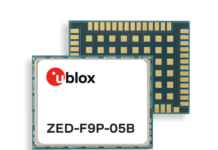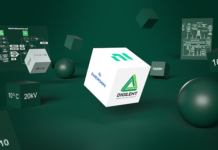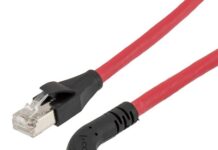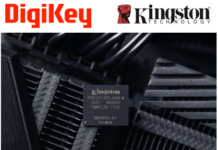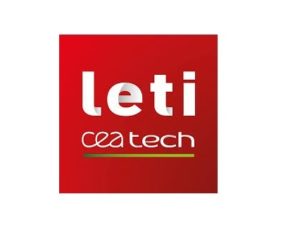
Leti, a research institute at CEA-Tech announced its sensiNact Internet of Things (IoT) middleware will be the core of a platform under development in an EU-Korean project that will empower emerging artificial intelligence (AI) applications with on-demand computing at the edge of networks.
Decentralization from the cloud to the edge is a key challenge of AI technologies applied to large heterogeneous systems, including ensuring timely and effective responses that are critical (e.g. braking).
The joint project, called DECENTER, will integrate a broad spectrum of technologies, such as the IoT, AI, the cloud, edge, fog computing and smart contracts tied together with a secure blockchain. It will focus on developing a platform that facilitates creation of a new ecosystem in which computing and IoT resources (processing, memory, storage, connectivity, sensing, actuating, etc.) can be harmoniously orchestrated in dynamically created multi-cloud, federated environments. In this advanced fog computing platform, all providers can share resources and be rewarded through the automatic execution of smart contracts logged and monitored via blockchain-based technologies.
The ultimate goal is advanced cloud platforms that empower emerging AI applications with on-demand computing at the edge of the infrastructure. While processing that requires more computing and storage resources will still be done in the cloud, timely and effective computing at the edge that supports AI can improve the safety of citizens in pedestrian crossings, workers and assets in logistic and construction areas and children and parents at home.
CEA-Leti’s IoT middleware, sensiNact, which will be the core of the project’s fog platform, has been in development and trials since 2010. It is a unified framework for integrating and managing IoT devices via generic application programming interfaces (APIs). It collects, aggregates and securely scripts data from a wide range of communicating objects, regardless of the network communication protocol. As a key component of the DECENTER platform, it will provide distributed sensing and actuation resources that will be shared and used by the blockchain-based resource orchestrator to ensure the accounting and the integrity of the transactions by smart contracts.
In addition, sensiNact:
- Supports state-of-the-art IoT protocols (ZigBee, CoAP, EnOcean, LoRa, Sigfox, MQTT, XMPP, etc.)
- Provides access on-demand, periodically or event-based to real-time data for online analysis
- Provides access to historical data for offline analysis
- Enables use of any protocol to remotely access unified data and action sources (HTTP REST APIs, WebSockets, MQTT, XMPP, etc.)
- Enables rapid creation of new bridges to emerging protocols and dynamically integrates them to the running platform
- Creates, with sensiNact Studio, automation applications exploiting the data and action sources, deploys them to the platform and manages their lifecycles.
“sensiNact’s standard service-oriented approach provides loose coupling between the physical and the virtual worlds, which brings the necessary flexibility to deal with the dynamic and heterogeneous real world,” said Levent Gurgen, CEA-Leti’s senior expert in IoT. “DECENTER’s federated fog platform based on sensiNact will address the need to timely process the ever-increasing amount of data continuously gathered from the myriad of heterogeneous IoT sensors and appliances. It will be demonstrated in various scenarios during this three-year project, such as smart homes, smart cities, smart construction sites and robotics.”
The European and Korean consortium combines complementary expertise. While European partners are specialized in IoT and blockchain technologies, the Korean partners provide expertise in artificial intelligence and cloud computing. European partners in the 11-member project are Fondazione Bruno Kessler (Italy), Atos (Spain), CEA-Leti (France), Comune di Trento (Italy), Robotnik (Spain) and University of Ljubljana (Slovenia). Korean partners are Korea Electronics Technology Institute, Gluesys, Daliworks, LGU+ and Seoul National University.



